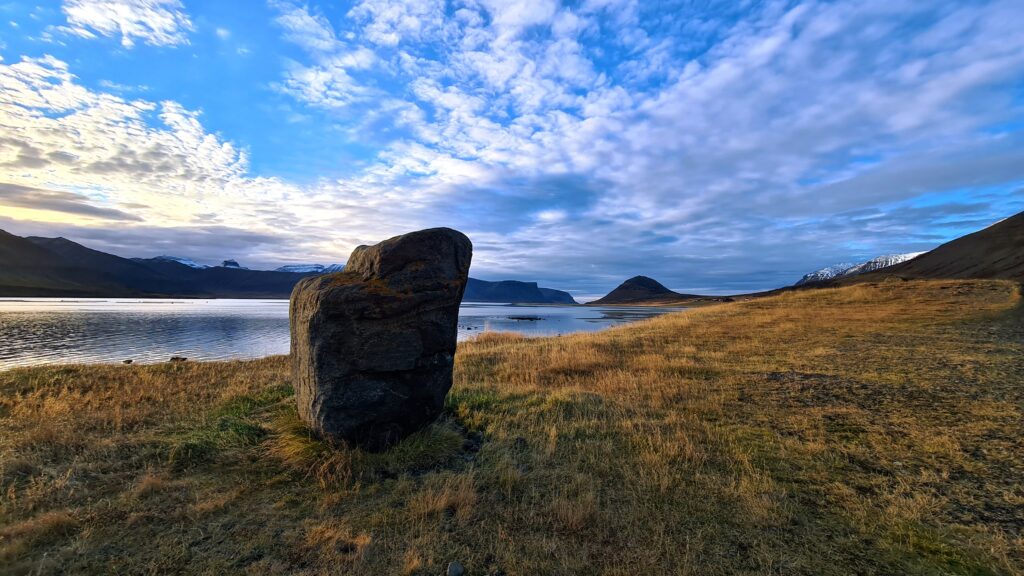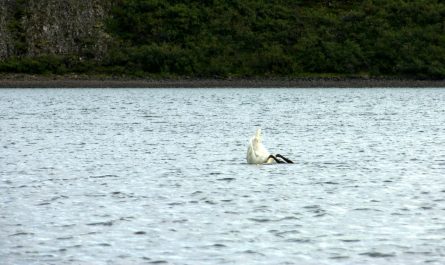Elves and trolls are prominent figures in Icelandic folklore and mythology, and a significant number of Icelanders are convinced that these creatures actually exist. Many of these beliefs may be traced back to a time before Christianity in Iceland, and even now, many Icelanders believe them to be an important part of the country’s cultural legacy. Nevertheless, among Icelanders, believing in elves and trolls is not absolute, and a significant number of individuals do not believe in the reality of these supernatural beings.
There is a school of thought among a subset of Icelanders that holds that elves, also known as “hidden people” in Icelandic, make their homes in particular features of the natural terrain of the nation, such as rocks, hills, and caves. However, it is essential to point out that these beliefs are founded on legend and mythology; there is no scientific proof to substantiate the existence of elves. These ideas have been passed down from generation to generation.
Even though you might not be able to see actual elves, you might come across locations in Iceland that are revered by those who believe in the presence of elves since they are thought to be the homes of elves and the places where they live. Locals have left small cairns or other types of markers at a few of these locations to denote that they believe the place to be the abode of elves. These markers can be found at some of the sites.

Elves are the subjects of several folktales and legends in Iceland, many of which have been handed down through the generations of Icelanders. As an example, consider the following:
There is a tale that tells of a farmer who constructed his new homestead on a location that was rumored to be the home of elves. He proceeded with the construction of the building despite being cautioned by locals not to do so in that location. Strange occurrences started taking place as soon as the house was done being built. In the middle of the night, the family would be startled awake by inexplicable noises, their tools would vanish, and the cows would stop producing milk. After some time, the farmer came to the conclusion that the elves were displeased with the trespass on their territory, and he made the decision to confer with a local seer, who is referred to as a “völva.”
The farmer was informed by the seer that the elves were, in fact, upset with him and that he needed to make atonement for their anger. Following her recommendation, the farmer constructed a modest home for the elves next to the farmhouse, and inside, he left an offering in the form of a bowl filled with cream. After that day, there was no further evidence of the weird incidents, and the farm continued to thrive.
This is just one of the many stories that are told about elves in Iceland, and it highlights the concept that elves are strong entities who should be revered and propitiated.
There are also other tales about trolls that date back to earlier eras. In several regions, the folktales state that a troll has transformed into a rock, mountain, or island.
To answer the question, no Icelander that I know of believes in the presence of trolls. On the other hand, I would venture to say that a lot of Icelanders either believe in the existence of elves or at the very least try to avoid doing anything that would irritate them. In the context of this conversation, sometimes the planned path of road construction had to be changed because of rocks that people thought were elves’ homes. Because of this, Icelanders’ belief in elves affects at least some parts of the country’s government.


